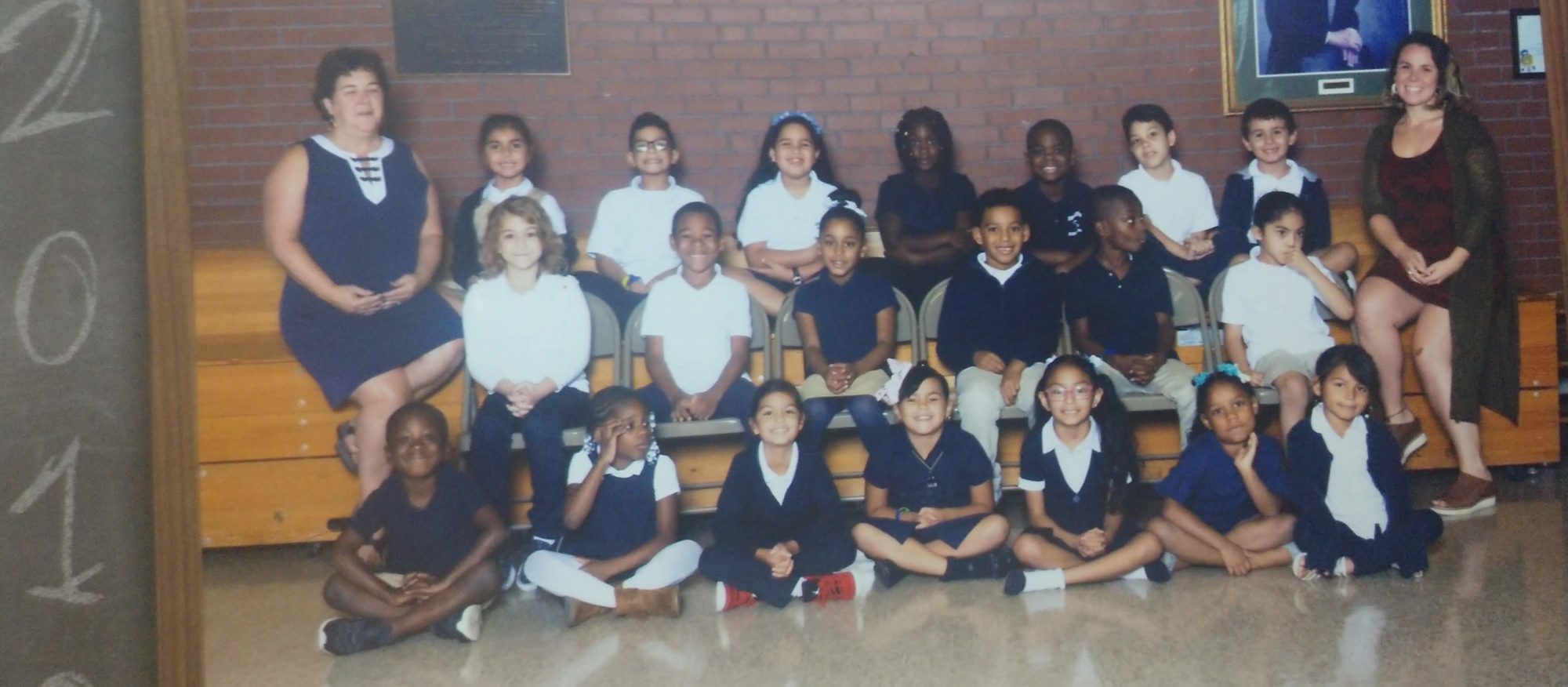One aspect of professional development and inquiry practice was the Rounds Process. Modeled off of the medical rounds process where peers watch and observe each other in their practice, teaching rounds involve three major steps:
1. A pre-round meeting where the teacher leading the round has supplied a short page to contextualize this lesson and the background knowledge the students have, as well as a list of questions which were both practice-centered and learning-centered.
2. All teachers involved in the round go observe the lesson and take notes on the Round Sheet as appropriate to take notes based on the questions posed.
3. All teachers involved in the round meet for a post-round dialogue where people reflect and give feedback. (A thorough reflection is also written after this step).
I found rounds play an instrumental role in deepening my practice. It was always a little nerve wracking to have three to six more teachers in the room eying my practice, but the nervousness was important in planning a lesson that reflected my inquiry goals. Because teaching is such a self-reflective practice, and requires constant reflexiveness on the job, the process of rounds really reflects that process and requires it of those observing me. Together, we could brainstorm through an issue that came up.
Despite my intentions to teach vocabulary in ways that are accessible, contextualized, and exciting to my students, oftentimes that was one of the issues that would arise in my rounds. Carmen Ocon, one of my professors, always had very constructive feedback and specific suggestions to implement later on in my unit, or any time throughout the year that I found very helpful. Working in a school that has a long history of MATs, and with supervisors who have been doing this for a long time, it was very comforting to know that the places I was growing more slowly in were perfectly normal, and that my successes were celebrated among my cohort. The rounds practice also creates a humble environment of equality among the cohort. While there may be some competitive energy among long-time teachers at school, I felt none of that as a student in the MAT program, which I think was in part because of the Round Inquiry process which values everybody’s voice equally.
